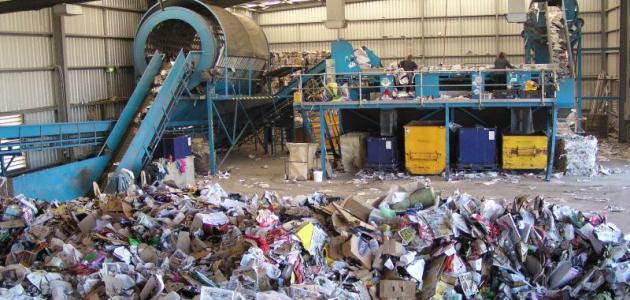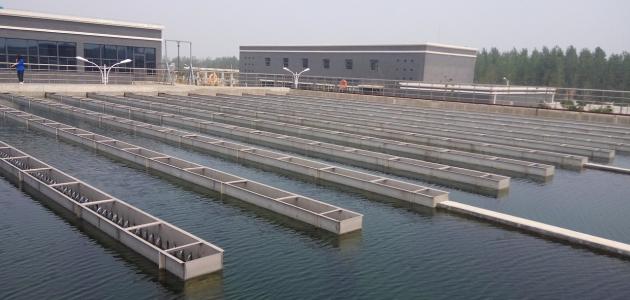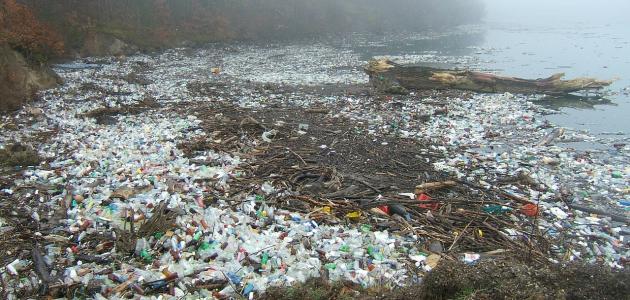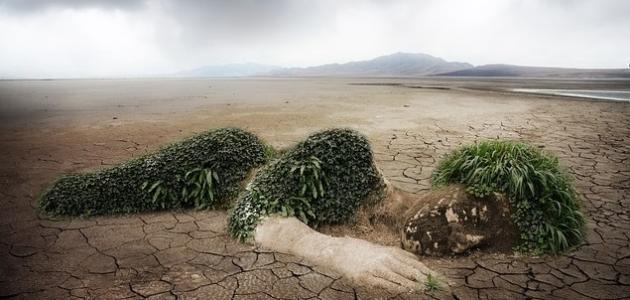Definition of waste
Waste: It is the material that results from the practice of living organisms in various activities in the natural ecosystem, where the system reuses it within natural cycles. It also represents the remains of materials resulting from the exercise of humans in their daily activities within their life cycle, as these materials include paper, cardboard, nylon bags, and glass. And various mineral materials, in addition to food waste and waste resulting from industrial and construction activities.
Waste problem
The problem of waste has emerged recently due to the increase in population and the huge volume of solid waste produced by humans, and it has become considered one of the most important problems that challenge countries in the current era, which has contributed to the deterioration of the environmental system directly or indirectly. In rural areas, it represents soil waste, livestock, Poultry is a major driver of environmental pollution unless it is disposed of in healthy, environmentally friendly ways. Over time, the problem of waste has greatly worsened due to the agricultural and industrial development that followed the Industrial Revolution. It has become one of the world’s most urgent problems that requires a lot of effort and money to confront. At the global and regional levels, fortunately, the waste problem has received great attention from decision-makers, public opinion, and municipal council management. Due to the large increase in its quantities and the narrow area of land compared to the volume of solid waste, which led to environmental pollution and depletion of natural resources, and an increase in negative phenomena resulting from the use of incorrect methods to dispose of this waste and negative consequences on public health. The process of collecting all types of waste is the first step in managing it by transporting it to designated places for disposal, and the process of transporting waste mediates the collection and treatment processes. Waste must also be disposed of in effective and healthy ways, while avoiding creating odors, dust, or scattering waste during transportation.
Read also:Recycle household wasteWaste Recycling
Waste recycling process: It is the process by which waste materials and waste are reprocessed, whether they are household, industrial, or agricultural waste. This process aims primarily to reduce the accumulation of waste and the harmful effects it causes and use it in various industries and products again, as it begins By collecting waste that can be recycled and then sorting it based on its type (glass, paper, wood, metal, etc.) to become raw materials suitable for manufacturing and use. The basic stages in the recycling process are to collect the waste in designated places and begin the treatment process, which includes: Recycled materials: iron and steel, aluminum cans, glass, paper, wood, building material remains, and other materials. These materials are processed to become important and essential alternatives to raw materials represented by non-renewable natural resources such as petroleum, natural gas, coal, and mineral ores. And trees.
The importance of waste recycling
The importance of waste recycling lies in many aspects, such as the environmental, economic, social, and health aspects. We mention below the impact of waste recycling on each of these aspects:
- Environmental aspect: The waste recycling process contributes essentially to reducing the rate of pollution of all kinds, by reducing the accumulation of waste that contributes significantly to environmental pollution due to the release of polluting gases and toxic elements into the air, water, and soil, in addition to its role in reducing pressure on collection and burial places. Waste (landfills), and in general, the process of recycling waste contributes to reducing the impact of human activity on the planet.
- Economic aspect: The waste recycling process plays an important role in reducing economic expenses and helping countries face the challenges related to the high prices of raw materials such as oil and coal, as it can reduce dependence on importing primary resources for many industries, and thus reduce the cost of production as a result of lower tax bills and fees. Customs duties, insurance premiums, transportation, and sometimes waste dumps may be dispensed with and exploited in other investments and projects that benefit the individual and society. This also contributes to saving significant financial resources, as establishing sanitary landfills requires huge financial resources, in addition to reducing Costs of waste collection, transportation and disposal. On the other hand, the waste recycling process helps reduce the consumption of natural raw materials used in various industries, thus reducing the energy consumption required for manufacturing and production processes. It also contributes to reducing the costs of treating diseases resulting from the accumulation of waste, the spread of harmful insects and toxic pollutants, and the process of recycling waste also contributes to increasing the revenues of the tourism sector by attracting tourists to clean areas and a healthy environment.
- Social side: The waste recycling process contributes to reducing the unemployment rate among young people who want to work, by providing new job opportunities in collecting and sorting solid waste and transferring it to private factories for recycling operations. It also helps change the behavior of community members and raise awareness about the dangers that arise. Caused by waste, so the individual can be directed to apply the idea of sorting waste at the source to be recycled.
- Health aspect: The process of recycling waste reduces diseases, depression, and psychological disorders resulting from the accumulation of waste and not disposing of it in the correct ways, and provides a healthy, clean environment free of unpleasant odors, harmful insects, and rodents.









